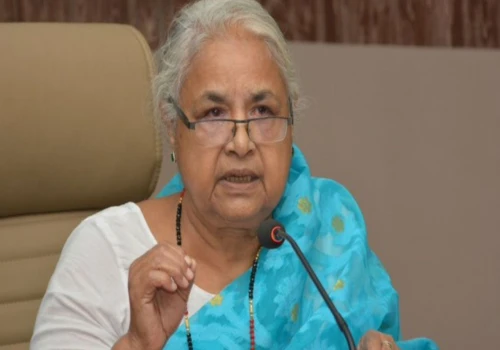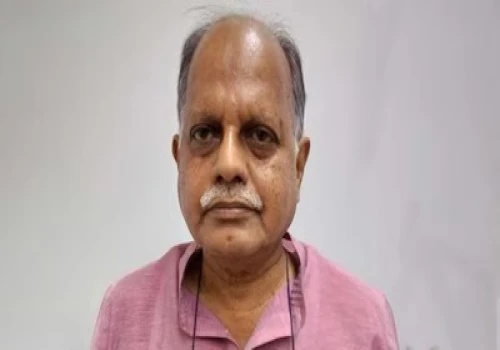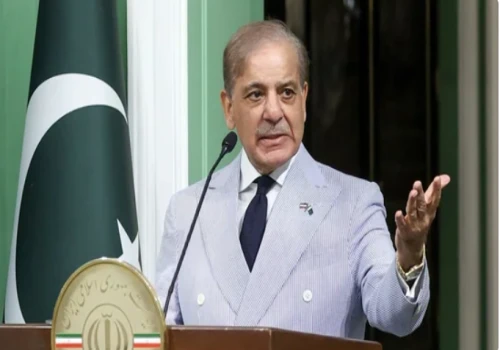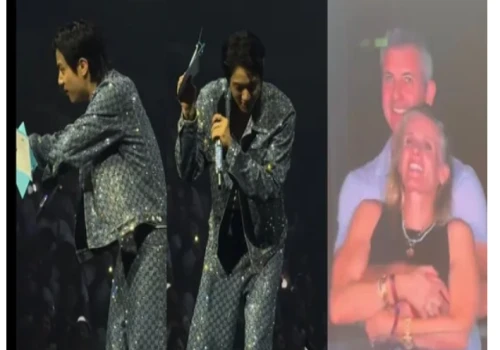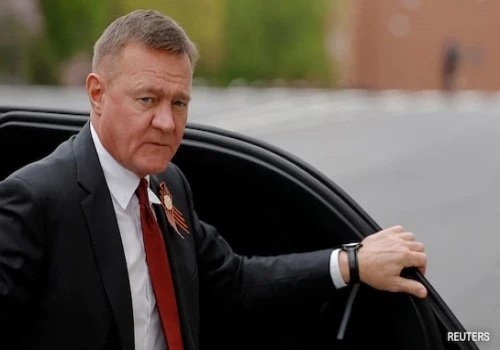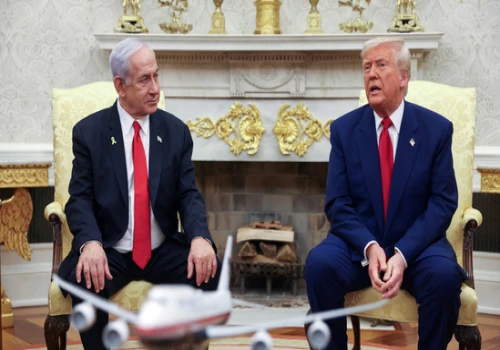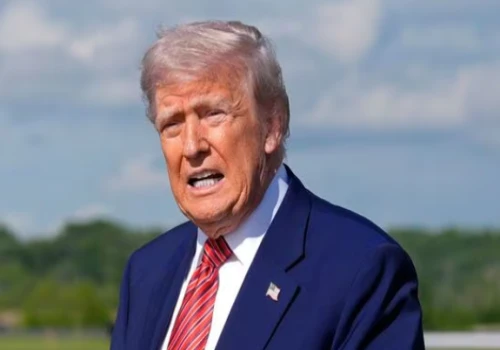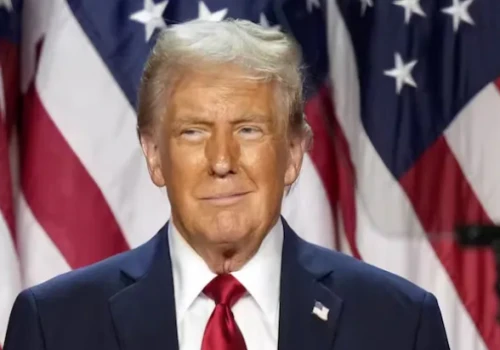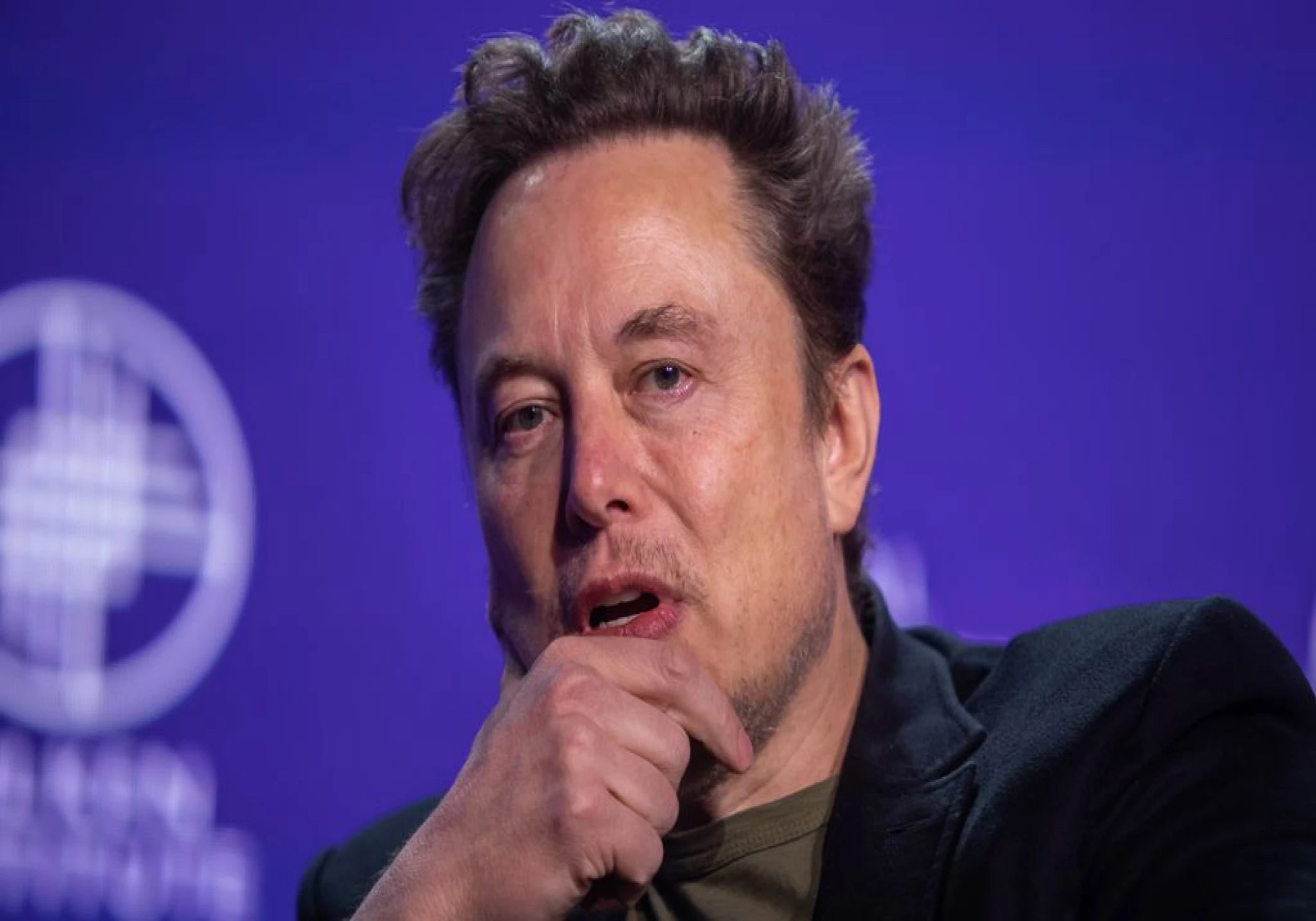
Elon Musk Withdraws Lawsuit Against OpenAI, Its CEO Sam Altman
In a surprising turn of events, tech mogul Elon Musk has withdrawn his lawsuit against OpenAI and its CEO, Sam Altman. The lawsuit, which had attracted significant media attention, was seen as a critical moment in the ongoing narrative between Musk and the AI research company he co-founded.
Background of the Lawsuit
The origins of the legal conflict trace back to Musk's departure from OpenAI in 2018. Musk, a prominent advocate for safe and ethical AI, had cited potential conflicts of interest with his other ventures, particularly Tesla's AI efforts in autonomous driving. However, tensions seemed to have simmered beneath the surface, culminating in the lawsuit filed earlier this year. Musk's grievances were reportedly related to OpenAI's direction, funding, and governance, although the exact details of the suit were never fully disclosed to the public.
Reasons for Withdrawal
While the specifics behind Musk’s decision to withdraw the lawsuit remain undisclosed, insiders suggest that a private settlement may have been reached. Both parties have maintained a public silence on the matter, only issuing brief statements confirming the withdrawal. Musk’s statement was characteristically succinct: “The lawsuit against OpenAI and Sam Altman has been withdrawn. Looking forward to future advancements in AI.”
Sam Altman, CEO of OpenAI, also provided a brief comment, expressing optimism about moving forward: “We are pleased to put this matter behind us and continue our mission to ensure that artificial general intelligence benefits all of humanity.”
Implications for the AI Community
The withdrawal of this lawsuit marks a significant moment in the tech and AI community. Musk, known for his outspoken views on AI safety, has frequently voiced concerns about the potential risks of artificial intelligence. His involvement with OpenAI was seen as a crucial element in the organization's commitment to ethical AI development. Despite his departure, Musk’s influence has continued to loom large over the organization.
This resolution may signal a more collaborative future for AI development, especially between Musk’s various enterprises and OpenAI. Tesla’s advancements in AI for autonomous vehicles and Neuralink’s explorations into brain-machine interfaces are areas where synergies with OpenAI’s research could be profoundly impactful.
Looking Ahead
As the dust settles, the tech world will be watching closely to see how this resolution affects the broader AI landscape. OpenAI continues to lead in AI research with groundbreaking projects, including the widely acclaimed GPT series. Meanwhile, Musk’s ventures persist in pushing the boundaries of technology and innovation.
The withdrawal of this lawsuit might just pave the way for renewed collaboration and progress in the quest to develop AI that is both advanced and aligned with human values. For now, both parties seem eager to refocus on their respective missions, promising exciting developments in the near future.



